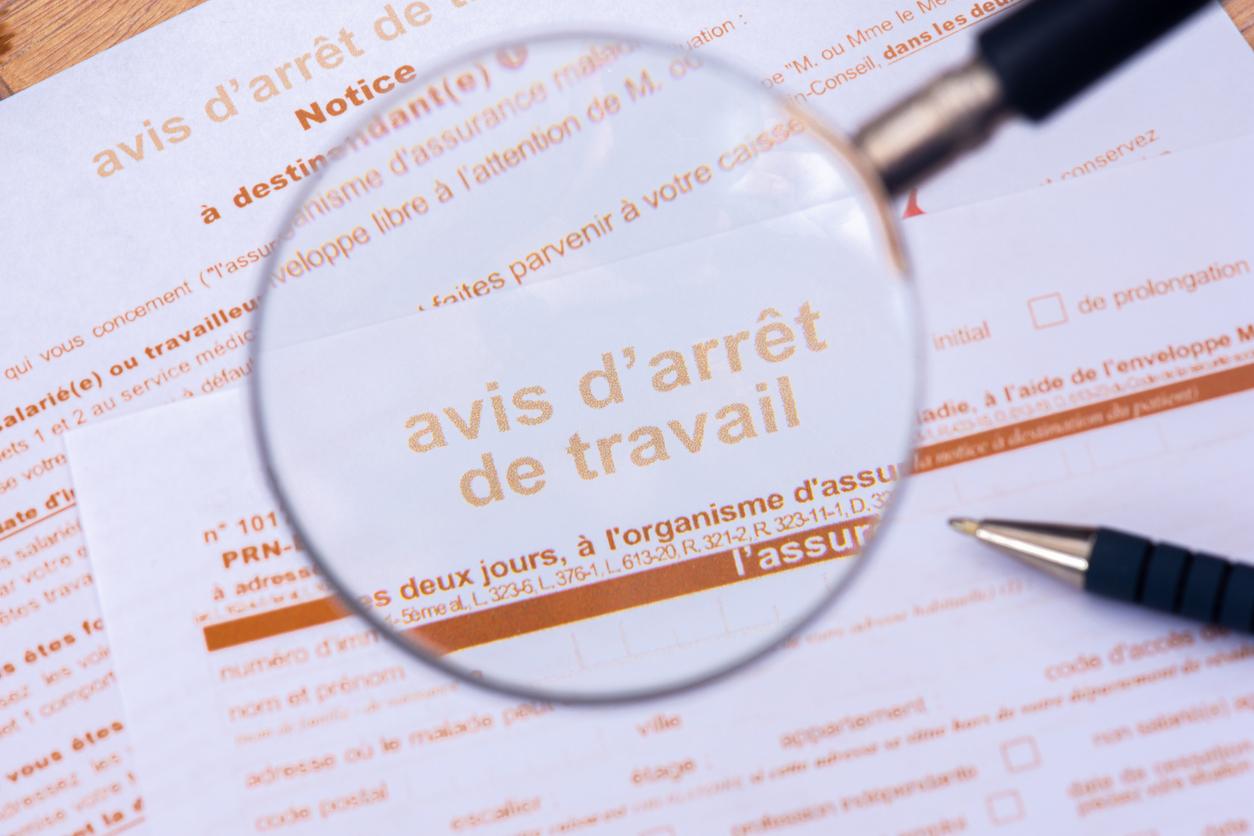What are anti-CGRP antibodies?
20 million working days are lost each year due to migraine in France. The World Health Organization ranks migraine among the 20 diseases with the greatest social impact. Until now, to reduce the frequency of migraine attacks, we diverted drugs originally intended to treat other pathologies: antiepileptics, antidepressants, or beta-blockers, in particular prescribed against hypertension. Anti-CGRP monoclonal antibodies are the first disease-modifying treatment specific to migraine. This makes them more efficient. It’s a revolution of the same order as the arrival of triptans 30 years ago.
Three molecules have received marketing authorization from the European Medicines Agency (EMA): Aimovig® (erenumab) and Emgality® (galcanezumab) in 2018, and Ajovy® (frémanezumab) in 2019. Two of them have recently become available in France.
How do these antibodies work?
As their name suggests, they block CGRP, a protein released during the migraine attack. These antibodies target this molecule with precision, thus preventing the transmission of pain signals to the brain.
Anti-CGRP are administered in the form of a single subcutaneous injection per month, which the patient can do himself. There are almost no side effects. At most, one can sometimes note pain or redness at the injection site, and very rare allergic reactions.
Who are anti-CGRPs for?
In France, anti-CGRP are reserved for severe cases, having more than 8 days of migraine per month, after failure of at least two disease-modifying treatments.
These anti-CGRP antibodies are very effective. All migraines combined, with or without aura, between 70 and 80% of patients respond very well to treatment. Some patients in whom nothing worked until then saw their migraines decrease very markedly thanks to this treatment. Another advantage is that the patient injects the product himself, only once a month. This is undeniably less restrictive than taking one or two tablets per day, and thus promotes adherence to treatment.
How to get this new treatment?
In France, two molecules are available in pharmacies (galcanezumab and fremanezumab). Only problem, they are currently not refunded. Galcanezumab is thus sold for €245 per injection and fremanezumab for €275. As this is basic treatment, this amount must be repaid each month. A cost far from negligible.
Our expert: Dr Anne Donnet, neurologist, head of the pain treatment and assessment center at La Timone hospital (Marseille)
Read also :
- 15 things you might not know about migraine
- Migraine or headache: how to tell the difference















